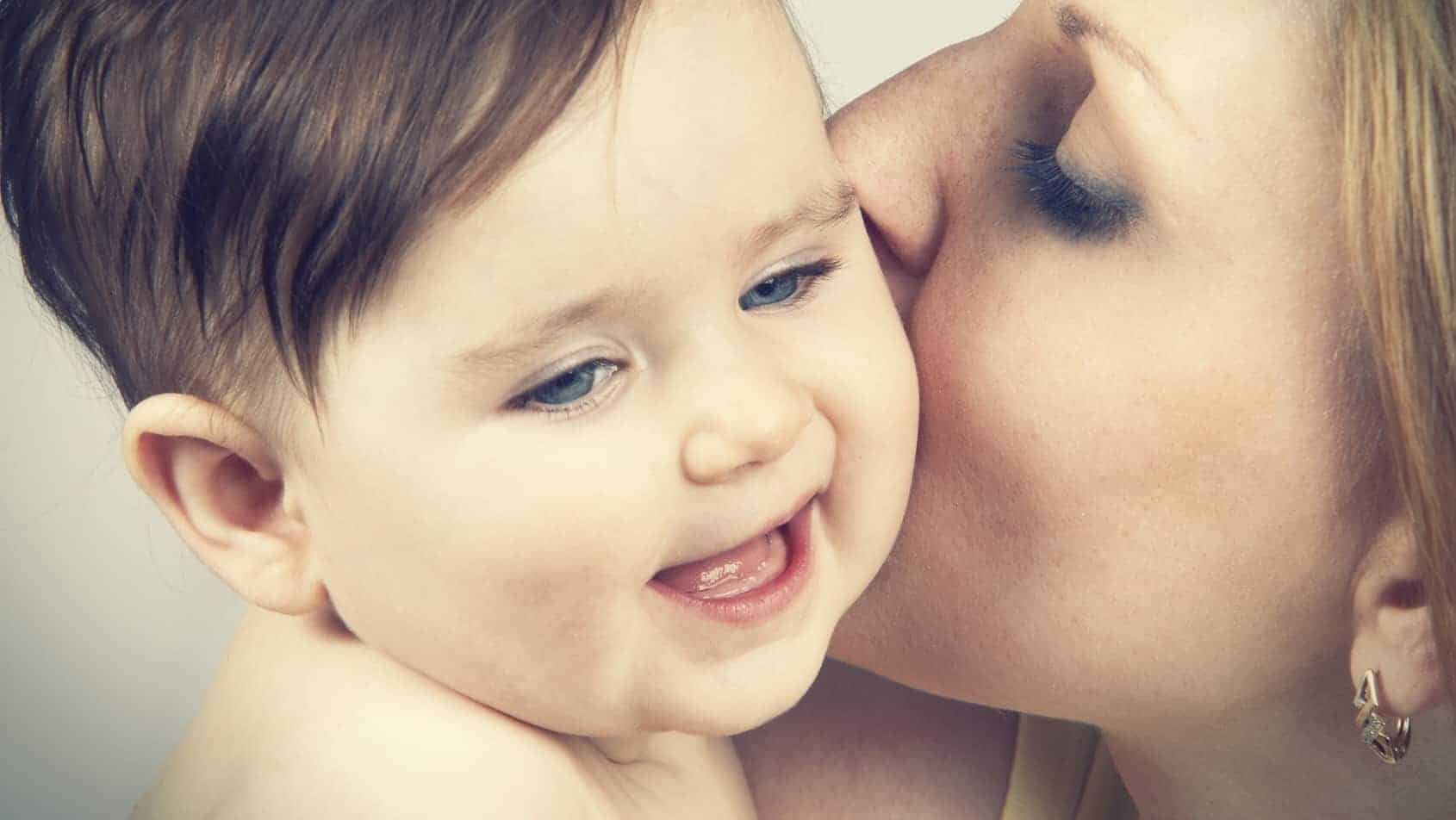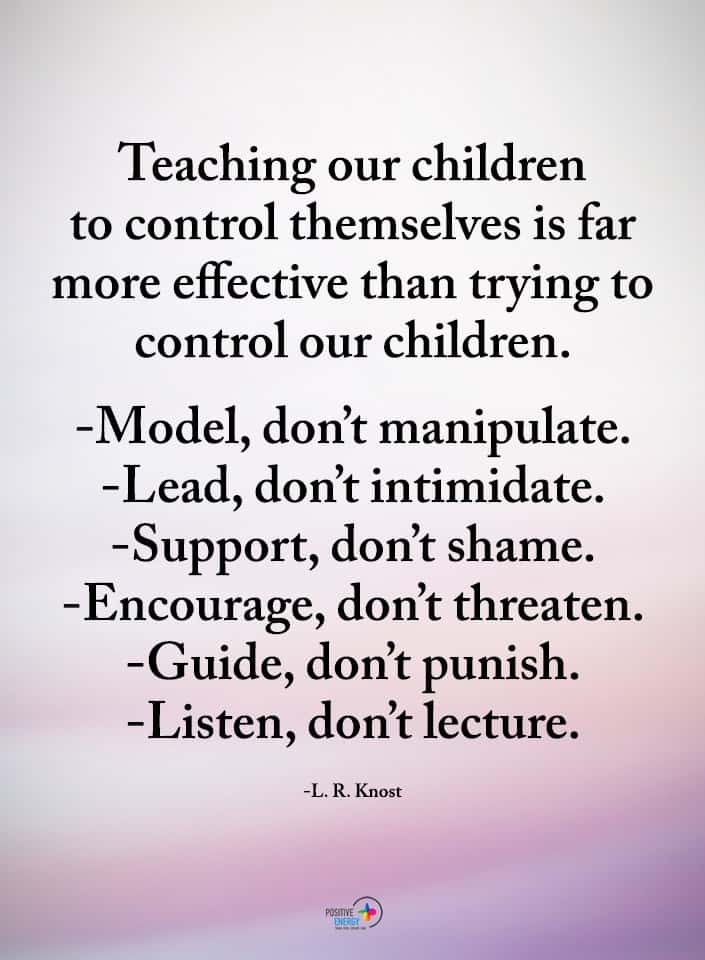Most parents have had nightmares about their children, one of which may include producing a narcissistic child who then becomes a narcissistic adult let loose in the world. However, most parents want to raise a kind, mentally stable child who will become an upstanding citizen in their community.
Parents rarely act intentionally to harm their child’s future; mostly, they do the very best they can with the skills and knowledge they have. Knowing that you have good intentions in parenting your child should give you a sense of pride in your child-rearing so far. We want you to remain cautious about how much love, praise, and freedom you give your child. Like most things in life, too much of anything can become detrimental.
We will look at the one unhealthy parenting trait that plays the most significant role in producing a selfish child, according to research. Also, we will discuss how you can avoid this behavior while raising a child, along with signs of narcissism in children.
Researchers Reveal: This ONE Parenting Trait Produces The Most Narcissistic Children
Narcissistic children become narcissistic adults. Narcissistic adults tend to act out against their fellow man rather than being supportive members of the greater society they live in. Narcissists act aggressive and entitled because they see themselves as superior to others. Therefore, they don’t feel concerned about others’ needs and make themselves the priority in every situation.
Researchers at Ohio State University and Holland’s University of Amsterdam tested the theory that giving children too little warmth, comfort, and love would produce narcissism. The team found that praising children more than they deserve based on their effort, skills, and performance caused more harm than good.
The researchers found that narcissistic children tend to learn their spoiled behavior from parents who treat their children as perfect, superior, or more special than other children. So, if you want to avoid raising narcissistic children, avoid overly praising your child.
How to Recognize Narcissistic Children
A narcissistic child acts selfishly. They feel entitled to better treatment than other children or even entitled to better treatment than you. Selfish people base their self-esteem and worth on the recognition that others give them. An easily recognizable example of this would be a child or teenager who feels depressed when they don’t receive enough likes on their social media posts.
Narcissistic children also tend to act more aggressively than other children and have a higher risk of anxiety problems or drug addiction. When they don’t receive the praise they believe they deserve, they may self-harm or act out in violent ways. Therefore, the problem stems from their belief systems, which they learned from their parents.
The following behavioral problems may reveal narcissism in children:
• Interpersonal relationship problems
Narcissistic children often display a lack of empathy in relationships with others. They will appear cold, mean, aloof to the needs of others, and even manipulative at times. Children with a heightened risk of narcissism will attempt to control others, believing they lack proper judgment. From the outside, it may seem as though they want to help others, but they want to display their intellect and superiority.
Relationships with others will seem one-sided because a narcissistic child can’t understand the needs of others. Their parents may have either coddled or neglected them, and these extremes can lead to self-centered behavior as a survival mechanism.
• Problems in school
Narcissistic children may believe they know more than their instructors and frequently challenge them to debate or criticize their teaching style. They also tend to interrupt the teacher and speak without raising their hand first.
On the other hand, narcissistic children could also act aloof and uninterested in the material because of their inflated egos. For instance, they may appear bored because they have already learned the lesson or may pretend to know more than they do.
• Impulsive behaviors and a low tolerance for frustration
Children who have a propensity for narcissism may have learned to scorn mediocrity from their parents. They never feel satisfied with their achievements and continually seek new ways to prove their worth. They may act impulsively and make rash decisions to feel some semblance of excitement. However, when they don’t get their way, they become easily frustrated or bored.

• Mood swings, irritability, and fluctuating self-esteem
A selfish child may appear confident, but they suffer from low self-esteem. Inside, they have no stable sense of identity, most often because of a turbulent upbringing. Therefore, the child tends to act out and becomes irritable at the slightest inconvenience.
• Lying, stealing, or breaking rules
Narcissistic children believe they’re above the rules and don’t respect boundaries. They have no remorse and may engage in nefarious behaviors like lying or stealing from a young age. Children who grew up in households without clear rules may have a more challenging time understanding the laws in society. Therefore they do whatever it takes to maintain their inflated self-image, even if that means harming others.
• Arrogance and constant need for attention
Inside, narcissistic children have very low self-esteem, but they put on a mask to protect themselves. Others see them as arrogant and haughty and may even fear the consequences if they get on their wrong side. The child will constantly seek attention and praise from others to keep up this image of superiority.
• Self-doubts and intense envy of others
Narcissistic children will constantly compare themselves to others to see how they measure up. They never feel good enough because they require continuous attention and admiration from others. If they don’t receive this attention from others, they begin to question their self-worth. For instance, the selfish child may become intensely jealous when other students earn a higher test score. As a result, they may belittle their classmates to re-establish their dominance and superiority.
So, in summary, praising your children can help them learn which behaviors are desirable. However, too much praise can cause more harm than good, as they may believe they’re unique or better than others. Dr. Bleiberg, a child psychologist with over twenty years of experience studying narcissistic children, says they often appear lonely, angry, empty, and envious.
Hope for Narcissistic Children
If you have consciously or unknowingly been overly praising your children, you can still learn a different parenting style. Changing your parenting behavior moving forward will help instill healthy self-esteem in your child without leading to narcissism. Although frequently praising your child may seem like the correct course of action, you may have inadvertently given them an over-inflated ego.
Instead, create situations that allow your children to learn that they don’t always have to win. Let them fail at a sport or an exam that doesn’t affect their grade too much. Or, praise another child who shows traits of selflessness instead of honoring your child. Please encourage your children to make friends so that you aren’t inadvertently sheltering them from criticism from others. Even better, teach them empathy and kindness.
Above all else, teach your children that their self-worth shouldn’t come from achievements. Help them develop a loving relationship with themselves, and don’t put too much emphasis on their accomplishments. Praise them when they do well, but make sure they enjoy activities for their own sake, not just for their rewards.
Developing a personal identity, learning to set and honor boundaries, and balancing both independence and asking for help are all a part of growing up. These skills are lacking in the selfish child, but they can be taught.
When you change your behavior but don’t see results from your child, you may need to seek professional help. Learning healthy behaviors in childhood will allow your child to flourish into a well-rounded adult. They should receive therapy in childhood since a child can change more quickly than an adult, anyway.

Final Thoughts on How Parents Create Narcissistic Children
Parents may unknowingly create narcissistic children by praising them too much for their accomplishments. The children may associate their achievements with love and believe that no one will like them unless they prove their worth. This sets them up for an unstable self-image and unhealthy desires for power and success.
Instead, teach your children that love comes from showing kindness and empathy for others. If you show them warmth and affection while also establishing rules, they will learn how to become a well-rounded adult. Children who grow into narcissistic adults have often been coddled or neglected from an early age. It’s best to find a balance in parenting where the child doesn’t feel too smothered or too rejected, on the other hand.
However, you could do everything right as a parent and still have a narcissistic child. When it becomes more than you can handle, seek professional help from someone experienced in child psychology. After all, it truly takes a village to raise a healthy, happy child.





















